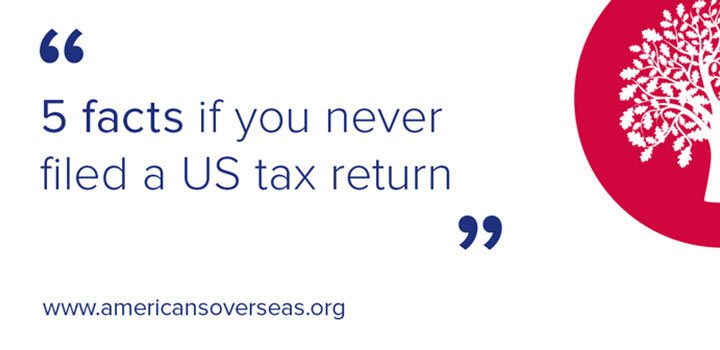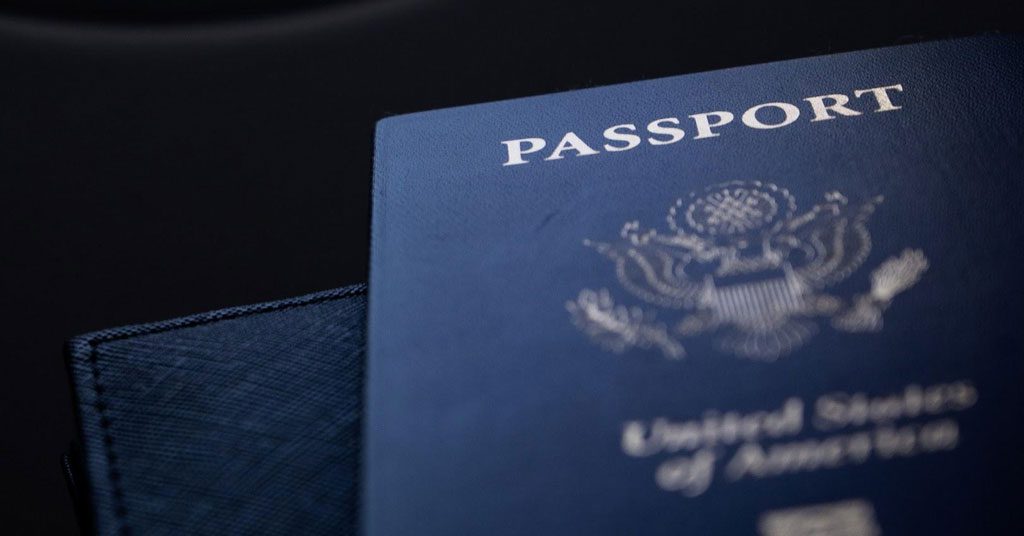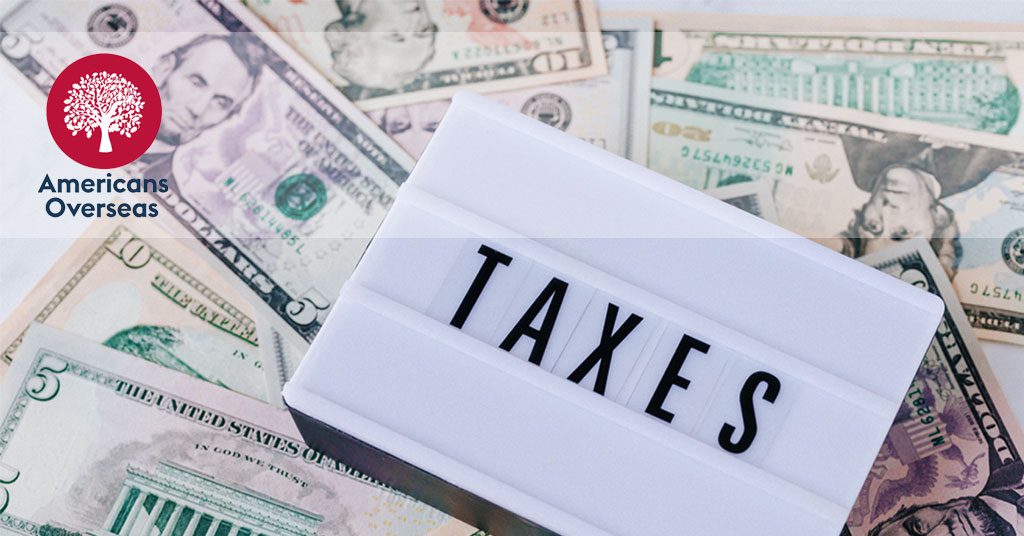
Top 15 Common Tax Filing Mistakes Americans Overseas Make

Summary
The top 15 common tax filing mistakes Americans Overseas make and the truths behind them. Understanding these common mistakes and the realities behind them can help you navigate your US tax obligations more effectively.
Navigating the complexities of U.S. tax obligations as an American living overseas can be daunting. Understanding and avoiding these common tax filing mistakes can help ensure compliance and ease the filing process. Here are the top 15 common tax filing mistakes expatriates make and the truths behind them.
1. Believing the FEIE exempts them from Filing
Mistake: “I am under the Foreign Earned Income Exclusion (FEIE) threshold of $120,000, so I don’t have to file my US tax.”
Reality: The threshold to file a tax return is around $14,000 (filing single), depending on your filing status. The FEIE is a separate consideration and does not affect your obligation to file if your income exceeds this lower amount. Check the current thresholds here.
2. Underestimating FBAR filing requirements
Mistake: “My second bank account is under $10,000, so I don’t have to file it.”
Reality: The threshold for filing the Foreign Bank Account Report (FBAR) is the aggregate amount of all foreign accounts exceeding $10,000. If the combined total of all your accounts exceeds this amount, you must report each one. No taxes are levied on the amount one reports to FBAR, despite or perhaps because of this, the fines are ridiculously high for failing to report or reporting incorrectly.
3. Misunderstanding worldwide income reporting
Mistake: “I need to file my U.S. income in the U.S. and my German income in Germany.”
Reality: Both countries require you to report your worldwide income. You may be able to claim tax credits or deductions to avoid double taxation. Shame to file it otherwise, probably paying unnecessary double taxation on things.
4. Thinking tax liability starts at age 18
Mistake: “18 is the tax liability age.”
Reality: Tax liability starts from birth in the US. Children may need to file if their income exceeds certain thresholds. Think not only about the threshold for filing the Form 1040 but especially about FBAR reporting.
5. Assuming investment limitations due to PFICs
Mistake: “There is no way I can invest as a U.S. person without investing in Passive Foreign Investment Companies (PFICs).”
Reality: Some companies offer investment products that do not fall under PFIC rules. Americans Overseas can refer you to these companies, which will provide a Form 1099 at the end of the year and are specialized in products for US persons living abroad.
6. Misconceptions about citizenship and birthplace
Mistake: “My child is not a U.S. person because they were born outside the U.S.”
Reality: U.S. citizenship laws are complex and not solely based on birthplace. Your child might still be a U.S. citizen under certain conditions. An example, you yourself are a US Person and have passed on this citizenship unknowingly.
7. Oversimplifying filing requirements from abroad
Mistake: “Filing from abroad means I only need to file Form 1040.”
Reality: In addition to Form 1040, you may need to submit other forms such as Form 2555 for the FEIE or Form 1116 for the Foreign Tax Credit. Simply filing the Form 1040 alone without extending all the necessary forms ensures that you cannot use your already locally paid tax as a tax credit. Don’t forget the FBAR if you have foreign accounts (these are most heavily fined).
8. Ignoring filing obligations with an expired Green Card
Mistake: “My Green Card is expired, so I do not need to file.”
Reality: Expired Green Card holders are subject to the same tax rules as those with valid Green Cards until the Green Card is formally surrendered. This obligation does not stop until the Green Card is properly returned there tax matters are completed correctly.
9. Denying U.S. Person status without official documentation
Mistake: “I am not a U.S. person because I don’t consider myself one and have no U.S. passport or Social Security Number (SSN).”
Reality: U.S. citizenship is based on the country’s laws and regulations, not personal consideration or possession of documentation. We are sorry.
10. Traveling to the U.S. on your own “not US” passport.
Mistake: “I am a U.S. person but can travel to the U.S. without a U.S. passport.”
Reality: U.S. law requires citizens to enter and leave the U.S. with a U.S. passport. Failure to meet this condition can cause many problems, the U.S. Passport on the last pages lists the current fines and consequences.
11. Misunderstanding the filing deadline extension
Mistake: “The deadline is April 15th even when living abroad.”
Reality: Americans living abroad have an automatic two-month extension to file until June 15th, though the payment deadline remains April 15th. An extension can be requested for Oct. 15.
12. Fearing immediate jail for non-filing
Mistake: “I will go to jail since I have never filed my taxes.”
Reality: While failing to file taxes is serious and can result in penalties, immediate imprisonment is unlikely. The IRS focuses on compliance and payment arrangements.
13. Missing the June 15 deadline without realizing extensions
Mistake: “I will miss the filing deadline of June 15 and they won’t know about my extension.”
Reality: When you file your U.S. taxes, the IRS recognizes your country of residence, which provides the extension.
14. Not informing foreign banks of your U.S. Citizenship
Mistake: “I don’t have to tell my foreign bank any information about my U.S. citizenship.”
Reality: Many foreign banks require this information due to international agreements like FATCA. Failing to disclose your citizenship can lead to legal consequences.
15. Overlooking the need for professional help
Mistake: “I can handle all my tax obligations without professional assistance.”
Reality: The complexity of international tax laws makes it advisable to seek professional help to ensure compliance and optimize your tax situation.
Understanding these common mistakes and the realities behind them can help you navigate your tax obligations more effectively. For personalized advice and assistance, Americans Overseas is here to help.
Get informed at Americans Overseas
We, the founders of Americans Overseas, were born in the Netherlands and obtained our American nationality through our (American) mother.
When we heard about the US tax system for the first time around 2013, we were in total disbelief (it can’t be true!), anger (how can they do this?), fear (am I going to get fined or pick up other problems?), and panic (what should I do?). It is (unfortunately) true that there is an additional American tax levy. But there’s no information from the local government, and when approached, the consulate referred us to the IRS, and the IRS was impenetrable.
That’s why we started this initiative to help people from all over the world by providing proper information about the US tax system to avoid unnecessary panic and offering help free of obligation and free of charge. If needed, we have a network of affordable professionals (accountants) who can help you with your bitcoin tax obligations.
Contact us for more information






